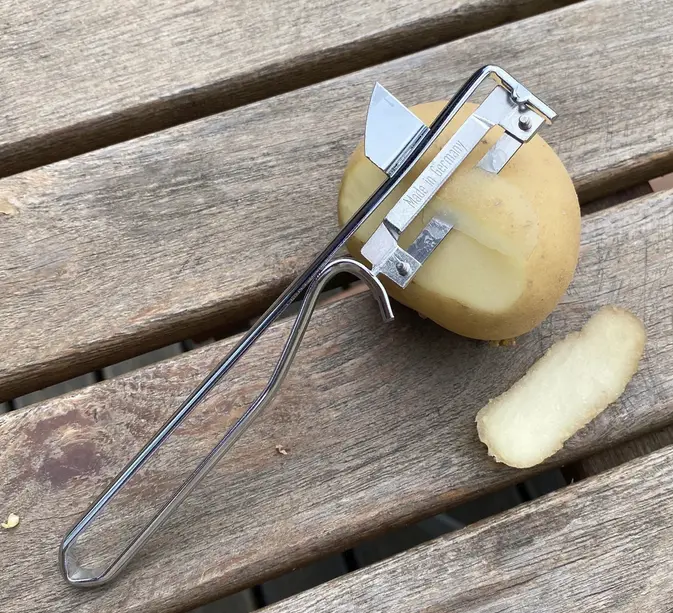this post was submitted on 02 Sep 2023
231 points (97.9% liked)
Asklemmy
44170 readers
1789 users here now
A loosely moderated place to ask open-ended questions
If your post meets the following criteria, it's welcome here!
- Open-ended question
- Not offensive: at this point, we do not have the bandwidth to moderate overtly political discussions. Assume best intent and be excellent to each other.
- Not regarding using or support for Lemmy: context, see the list of support communities and tools for finding communities below
- Not ad nauseam inducing: please make sure it is a question that would be new to most members
- An actual topic of discussion
Looking for support?
Looking for a community?
- Lemmyverse: community search
- sub.rehab: maps old subreddits to fediverse options, marks official as such
- !lemmy411@lemmy.ca: a community for finding communities
~Icon~ ~by~ ~@Double_A@discuss.tchncs.de~
founded 5 years ago
MODERATORS
you are viewing a single comment's thread
view the rest of the comments
view the rest of the comments

It depends on what exactly you're looking for in "efficiency'.
When most people peel potatoes they're looking for a time efficiency.
In the one strip method there's a lot of turning the potato going on. And a lot of careful precision. If you've been doing the one strip for enough time you might be close to the million strokes peeling being time effective but for most people...
To be honest I don't really peel potatoes anymore The only dish I would peel them for would be scalloped.
100% I've also find myself not really peeling potatoes much any more. I guess optimising for time and nutrition lol
to me what consumes time in the many scrapes method is the skin of the previous peeling stroke sort of being stuck in the peeler. Before continuing, needing to free the peeler again. I avoid it in the 1 long peel approach.